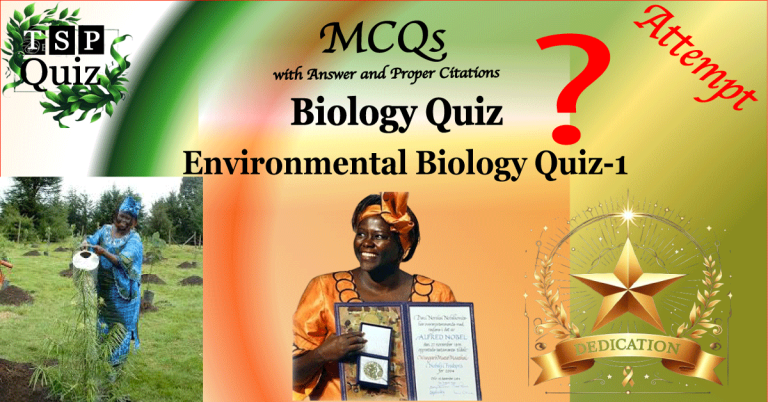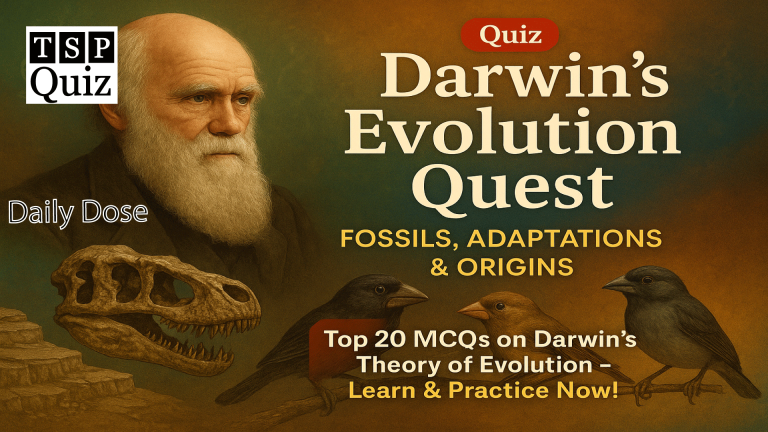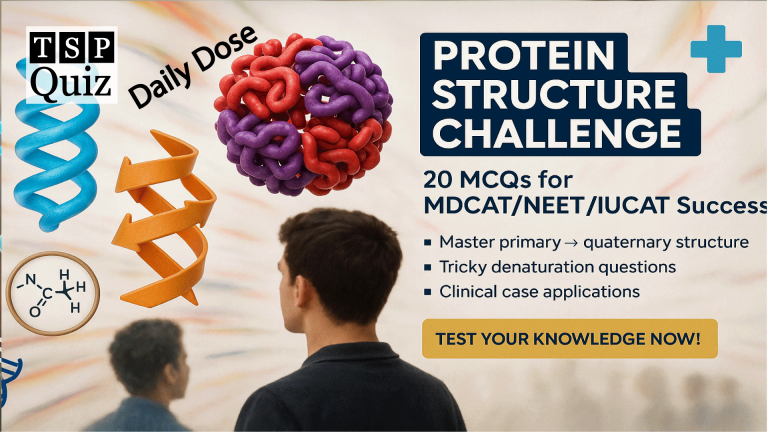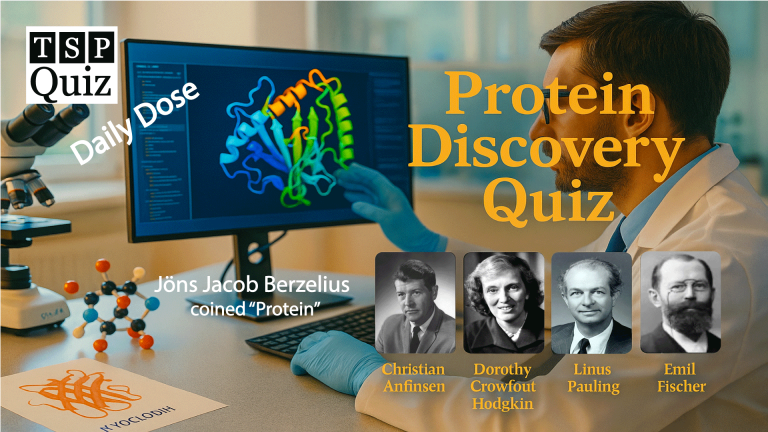Quranic Biology Quiz – Discover Life Through Divine Insight
Attempt Quranic Biology Quiz
Attempt more interesting and informative Quizzes “MedTest Quizzes Biology“
Quranic Biology Questions: Every Med Student Must Know
Curious how the Quran aligns with modern biology? Here are the top 5 short Q&A—searched by students and aspiring doctors worldwide—that reveal the powerful connection between divine revelation and scientific understanding. Once go through these questions then attempt the above quiz Quranic Biology Quiz.
How does the Quran describe the origin of life?
The Quran states, “We made every living thing from water” (Surah Al-Anbiya 21:30). This aligns with modern biology, which confirms that water is essential for cellular life and biochemical reactions.
What stages of embryonic development are in the Quran?
The Quran outlines human development in phases—nutfah (sperm-drop), alaqah (clinging clot), and mudghah (chewed lump) in Surah Al-Mu’minun (23:12–14). Remarkably, these correspond with embryological stages recognized in modern medicine.
Does the Quran mention creation from clay?
Yes. Surah Ar-Rahman (55:14) says, “He created man from sounding clay.” Scientists affirm that the human body contains elements—like calcium, iron, and magnesium—also found in clay-rich soil.
What biological lessons does the Quran promote?
The Quran encourages exploration of life’s complexity, highlighting themes like balance, reproduction, healing, and nutrition. These ideas reflect the foundations of physiology and medicine.
Why is Quranic biology relevant for med school prep?
Medical aspirants value these verses for their integrative view of life, promoting curiosity, ethics, and scientific thinking—all vital in modern healthcare.
Why do medical students study Quranic references to biology?
They study these references to explore how religious texts align with scientific discovery. This holistic view deepens understanding of life’s complexity and promotes critical thinking.
How do Quranic teachings relate to biology and medicine?
Quranic insights encourage observation and learning. They highlight biological processes like reproduction, development, healing, and balance—principles deeply rooted in health sciences.







